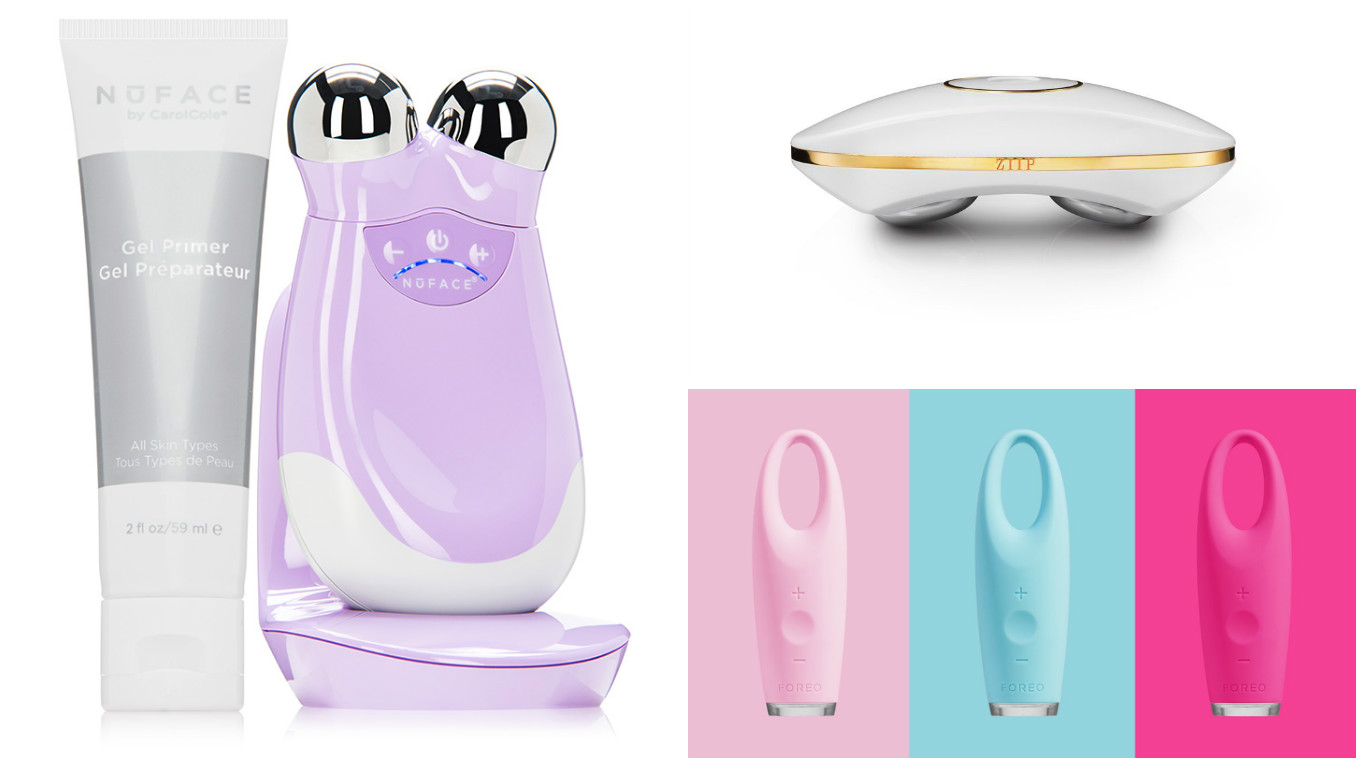Your body is 60% water. Dehydration causes dry mouth, fatigue, dizziness, sluggishness, and decreased athletic performance. Overhydration can lead to conditions where the sodium concentration in the blood becomes too diluted, which can lead to serious complications. So how much water are you really supposed to drink every day to stay optimally hydrated?
Conventional wisdom suggests that you should be drinking eight eight-ounce glasses of water every day. This equals to half a gallon. Your actual requirements may actually be more or less, depending on your gender, activity level, environment, and diet. Water is the most health supportive beverage, but not your only source of hydration. Remember that water is also contained in fruit, vegetables, juices, smoothies, soups, stews, coffees, and teas. Someone eating a diet high in raw fruits, raw vegetables, juices, lattes, and soups may actually be fulfilling a lot of his or her water needs through food. Someone with a diet high is processed foods, grilled meats, and french fries will need more water. People living in hot climates need more water than people living in cooler climates. Exercise enthusiasts will need more water than couch potatoes. Many diet programs suggest drinking a full glass of water before meals in order to prevent overeating, so water intake can also be intertwined with health, fitness, and weight management goals.
Recent research has led to formulas that suggest that your water intake should equal half to all of your body weight in ounces per day. This means that if you weight 150 pounds, you should be drinking 75 to 150 ounces of water every day. This can be a useful guideline, but remember that thirst is also a great indicator of your hydration needs. Make sure to hydrate in the morning, after working out, after drinking coffee or alcohol, and really whenever you are feeling thirsty.























